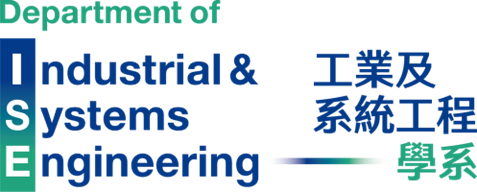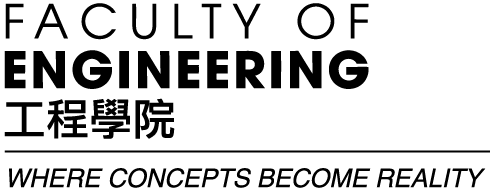New Battery Chemistry from Conventional Layered Cathode Materials for Advanced Lithium-ion Batteries
Distinguished Research Seminar Series

-
Date
08 Feb 2022
-
Organiser
Department of Industrial and Systems Engineering, PolyU
-
Time
14:00 - 15:20
-
Venue
Online via ZOOM
Speaker
Prof. Kisuk Kang
Remarks
Meeting link will be sent to successful registrants
Summary
The discovery of layered TiS2 and LiCoO2 compounds has led to the proliferation of modern lithium-ion batteries, exploiting the lithium-ion insertion/deinsertion chemistry toward the high-energy-density battery system. For the past decades, extensive efforts have been placed in improving the performance of these layered compounds for cathodes such as by compositional tuning and structural modifications. One of the notable approaches in recent years is to adopt excess amounts of lithium-ions in the layered materials, which surprisingly revealed that the specific capacity can be boosted in the layered cathodes via the shift from the conventional cationic redox reaction relying on transition metals (Co, Ni and Mn) to the cumulative cationic and anionic (oxygen) redox reaction. In this journey to explore the ‘lithium-excess layered cathodes’, various new findings have been being disclosed. In this talk, I will present our recent understandings on these materials with respect to the lithium insertion mechanism that differs from what have been observed in conventional layered materials and the effect of the layered stacking sequences, and discuss on the outlook on the lithium-excess layered cathodes.
Keynote Speaker

Prof. Kisuk Kang
Professor, Associate Dean,
Department of Materials Science and Engineering
College of Engineering,
Seoul National University, Korea
Kisuk Kang is a professor of Materials Science and Engineering at Seoul National University, and an associate dean of college of engineering. He received his bachelor degree from Seoul National University and Ph. D from Massachusetts Institute of Technology (MIT). After the postdoctoral training at MIT, he joined Korea Advanced Institute of Science and Technology (KAIST) as an assistant professor in 2007. In 2011, he moved to Seoul National University (SNU). His research lab at SNU focuses on developing new materials for LIB, post-Li battery chemistries such as Na, Mg batteries and metal-air batteries using combined experiments and first-principles calculations. His work has been cited more than 36,000 times (H-index of 97 as of 2022), which made him selected as Highly Cited Researchers in 2018, 2019, 2020 and 2021. He was awarded with inaugural Energy and Environmental Lectureship Award from Royal Society of Chemistry (2013), Excellence in Research Award from Korea (2017) and Scientist of the Month Award from Korea (2017). He is a Young Member of Korean Academy of Science and Technology, a reviewing board of Science (AAAS), an associate editor for Journal of Materials Chemistry A, a scientific editor for Materials Horizons (Royal Society of Chemistry, UK).
You may also like














